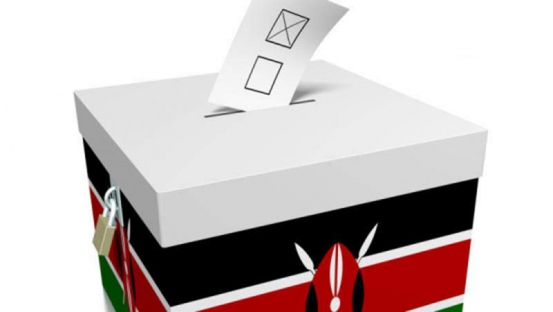×
The Standard e-Paper
Stay Informed, Even Offline

I agree with the NASA coalition leadership that the 2017 general election was a sham.
In the run-up to the 2017 elections, a friend advised me against contesting as the governor of Isiolo County. I was surprised at his suggestion. When I asked him why, he replied, “Are you able to buy the returning officer and the agents of your opponents?” I was kind of taken aback. In this time and age, elections should reflect the will of the people.